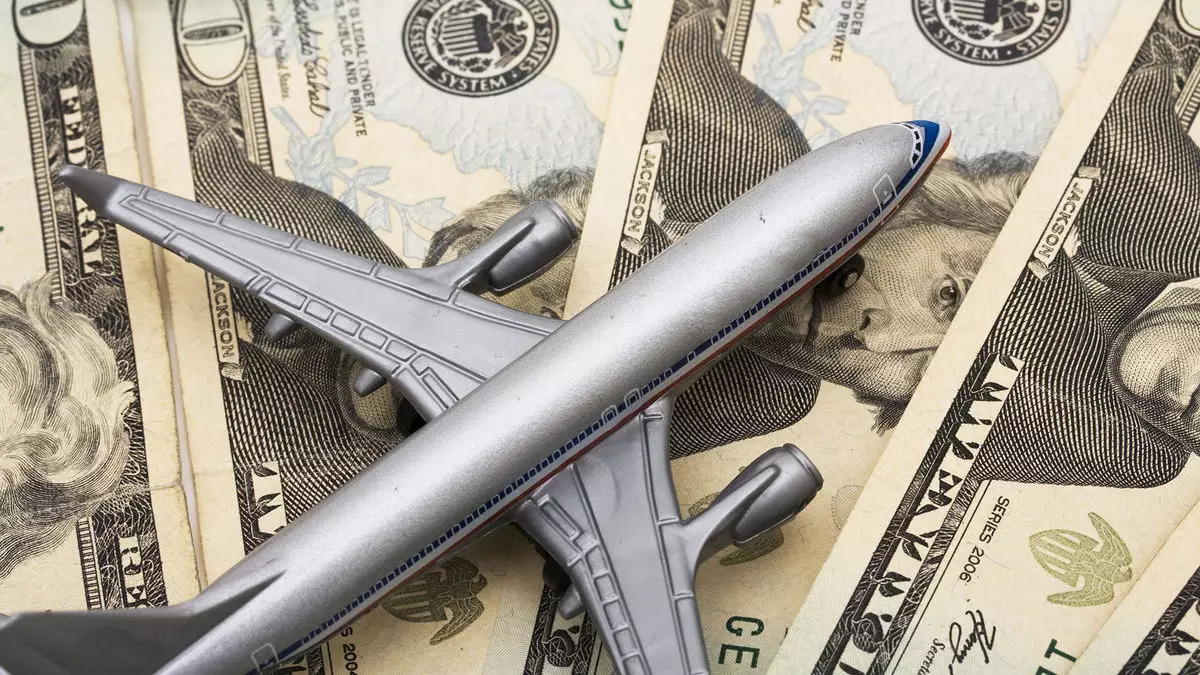The recent finalization of refund regulations by the Department of Transportation (DOT) has spurred a mix of reactions in the airline industry. These regulations, set to take effect in late October, have been both praised by consumer groups and criticized by airlines. One key concern raised by the American Society of Travel Advisors (ASTA) is the provision that places the responsibility of paying refunds on agencies if they are the merchant of record, even when the airline holds the funds.
Under the new regulations, airlines are now mandated to proactively inform passengers about their eligibility for a refund before offering flight credits or alternative itineraries. Additionally, if customers fail to respond to airline communications, refunds must be issued by default. This move represents a paradigm shift in how refunds are handled, as existing practices have often seen airlines defaulting to offering credits in cases of cancellations.
John Grant, a senior analyst in the aviation industry, pointed out that airlines can benefit financially in the short term by issuing credits due to the cash flow and interest earned on unused credits. However, consumer advocate Bill McGee views the DOT’s new rule as a crucial step towards enhancing passenger protection within the airline industry.
Industry Response and Criticisms
The Airlines for America (A4A) trade group has strongly criticized the refund regulations, arguing that they will create confusion for consumers, limit choices, and reduce competition, potentially leading to higher prices. A4A believes that a one-size-fits-all approach is detrimental to competition and consumer interests.
Another significant change brought about by the DOT’s regulations is the specific definition of a “significant delay” as three hours or more for domestic flights and six hours or more for international flights. This clarification addresses a common ambiguity in carriers’ contracts of carriage, providing clear guidelines for passengers.
Despite industry pushback, experts like Mario Matulich predict that the new refund requirements will ultimately benefit both consumers and airlines’ financial health in the long run. By prioritizing customer experience and transparency regarding refunds, airlines can improve customer satisfaction and gain a competitive edge in the market.
The effective implementation of automated and streamlined refund processes will become a key factor in how airlines compete and retain market share. ASTA has raised concerns about the financial burden placed on agencies with the merchant-of-record provision, potentially jeopardizing the viability of smaller businesses. Proposed congressional mandates may offer a potential solution to address this issue and ensure prompt transfer of funds to ticket agents.
The DOT’s refund regulations represent a significant shift in how airlines handle passenger refunds. While they have been met with resistance from industry stakeholders, the long-term benefits of enhancing transparency, customer experience, and competition are expected to outweigh the initial challenges posed by these changes. By adapting to these regulations and focusing on improving the overall passenger experience, airlines can thrive in an increasingly competitive market landscape.


Leave a Reply